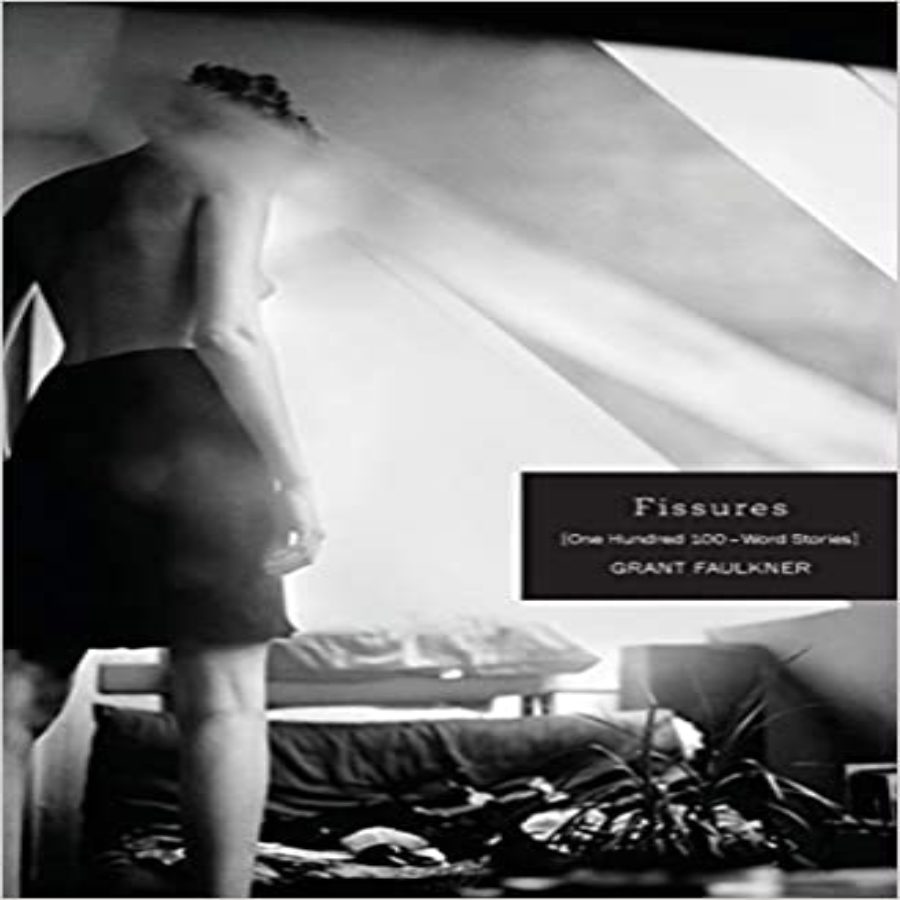
Preface: The Spaces Boundaries Open Up
I’ve always thought life is more about what is unsaid than what is said. We live in odd gaps of silence, irremediable interstices that sometimes last forever. A lingering glance averted. The lover who slams the door and runs away. Unsent letters. We all carry so many strange little moments within us. Memory shuffles through random snapshots. Sometimes they seem insignificant, yet they stay with us for some reason, weaving the fabrics of our beings. In the end, we don’t seize the day so much as it seizes us.
The idea of capturing such small but telling moments of life is what drew me to 100-word stories (or “drabbles” as they’re sometimes referred to). I’d previously written novels and longer short stories, forms that demanded an accumulation of words—to sew connections, to explain, to build an entire world with text. I wondered, what if I did the opposite? What if instead of relying on the words of a story, I relied on the spectral spaces around those words? What if I privileged excision over any notion of comprehensiveness, and formed narratives around caesuras and crevices?
We live as foragers in many ways, after all, sniffing at hints, interpreting the tones of a person’s voice, scrutinizing expressions, and then trying to put it all together into a collage of what we like to call truth. Whether it’s the gulf between a loved one, the natural world, or God, we exist in lacunae. I wanted to write with an aesthetic that captured these “fissures,” as I began to think about them.
Perhaps I could have accomplished such an aesthetic of writing in a longer form, but the hard borders of a 100- word story put a necessary pressure on each word, each sentence. In my initial forays into 100-word stories, my stories veered toward 150 words or more. I didn’t see ways to cut or compress. I didn’t see ways to make the nuances and gestures of language invite the reader in to create the story. But writing within the fixed lens of 100 words required me to discipline myself stringently. I had to question each word, to reckon with Flaubert’s “mot juste” in a way that even most flash fiction doesn’t. As a result, I discovered those mysterious, telling gaps that words tend to cover up.
We all have a literal blind spot in our eyes where the optic nerve connects to the retina and there are no light-detecting cells. None of us will ever know the whole story, in other words. We can only collect a bag full of shards and try to piece them together. This collection is my bag full of shards.
Castings
A resistance to spontaneous modes of imagination. A disdain for sultriness. Tattered underwear. Every marriage has its own legalities, and these were Anthony’s claims for divorce. Sometime, long ago, they’d believed in something that rhymed with galactic. Now, if gossip columns about ordinary people existed, they would have reported him howling at the moon. In one last attempt to save their romance, he asked her to get high and lay on the grass. She held a grocery list, stared at him with a survivalist’s determination. He saw teddy bears, grasshoppers in the clouds. The worms beneath him abandoned their selves.
Originally published in Fissures: One Hundred 100-Word Stories from Press 53
Grant Faulkner is the Executive Director of National Novel Writing Month (NaNoWriMo) and the co-founder of 100 Word Story. He’s published All the Comfort Sin Can Provide, Fissures, and Nothing Short of 100: Selected Tales from 100 Word Story. He has also published two books on writing, Pep Talks for Writers: 52 Insights and Actions to Boost Your Creative Mojo, and Brave the Page, a teen writing guide.
His stories have appeared in dozens of literary magazines, including Tin House, The Southwest Review, and The Gettysburg Review, and he has been anthologized in collections such as Norton’s New Micro: Exceptionally Short Fiction and Best Small Fictions. His essays on creativity have been published in The New York Times, Poets & Writers, LitHub, Writer’s Digest, and The Writer.
Additionally, Grant serves on the National Writing Project’s Writer’s Council, Lit Camp’s Advisory Council, and Aspen Words’ Creative Council. He’s also the co-host of the podcast Write-minded. Follow him on Twitter at @grantfaulkner and on Instagram at @grantfaulkner.
Submit Your Stories
Always free. Always open. Professional rates.
